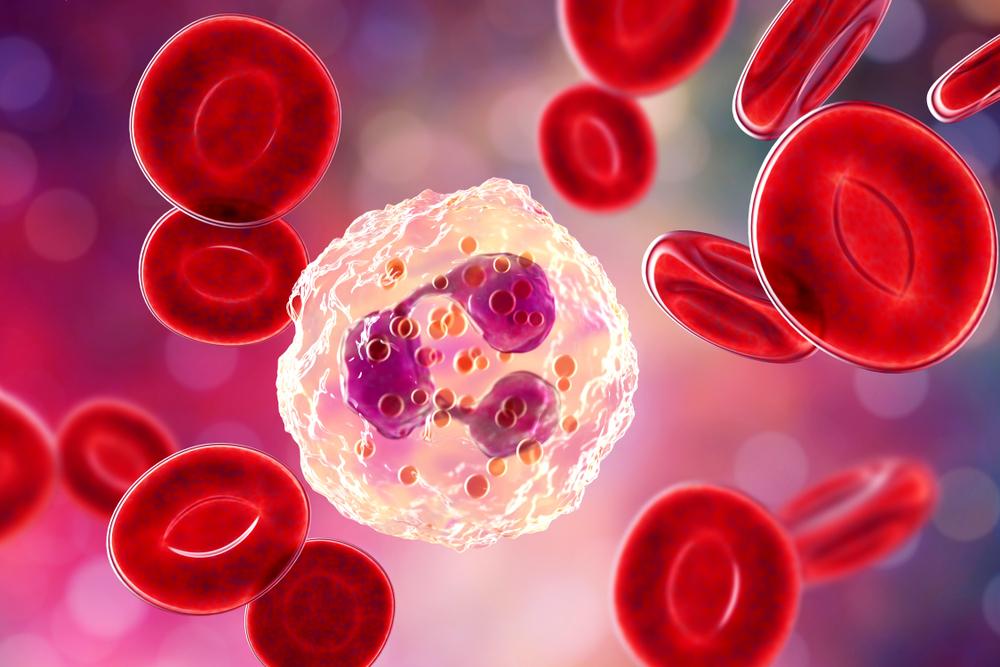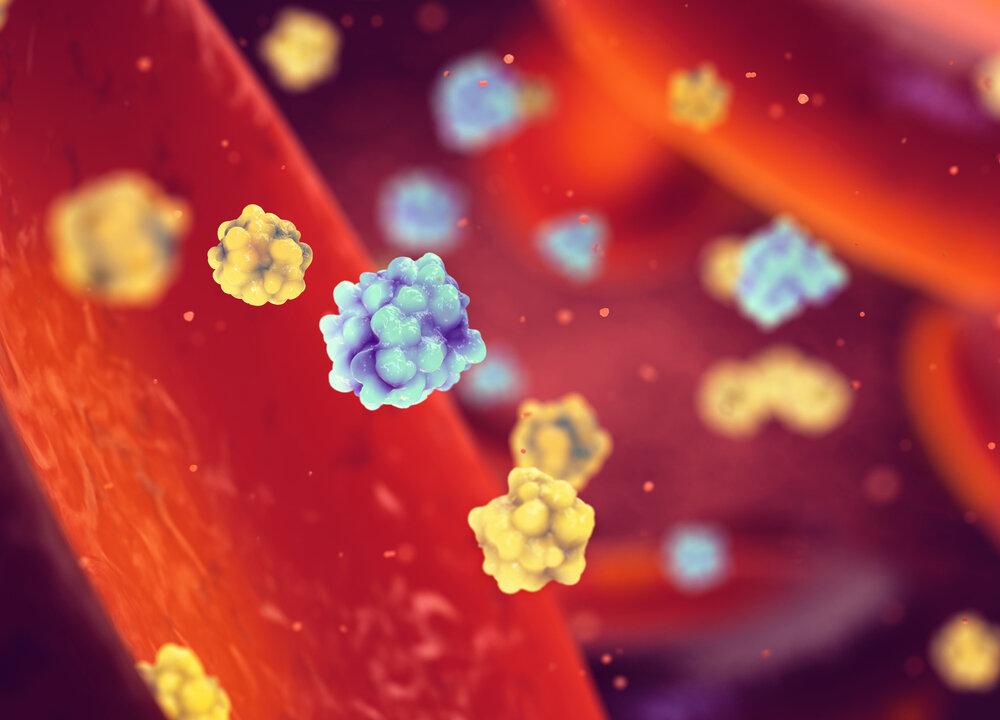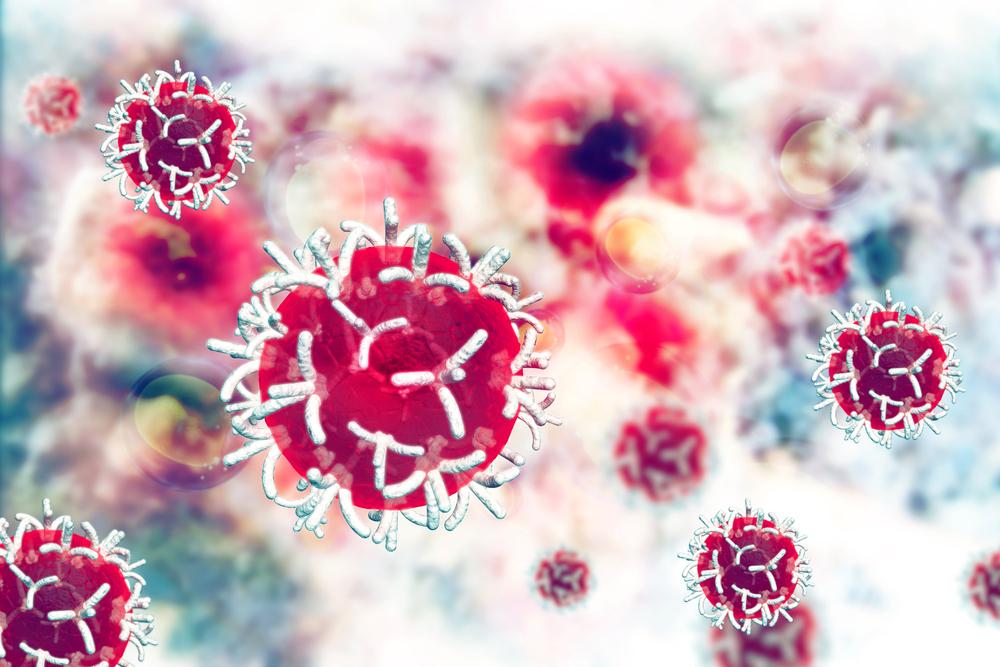Antibody levels generated by two shots of the Pfizer-BioNTech vaccine can undergo up to a 10-fold decrease seven months following the second vaccination, research suggests.
The drop in antibody levels will compromise the body’s ability to defend itself against COVID-19 if the individual becomes infected.





